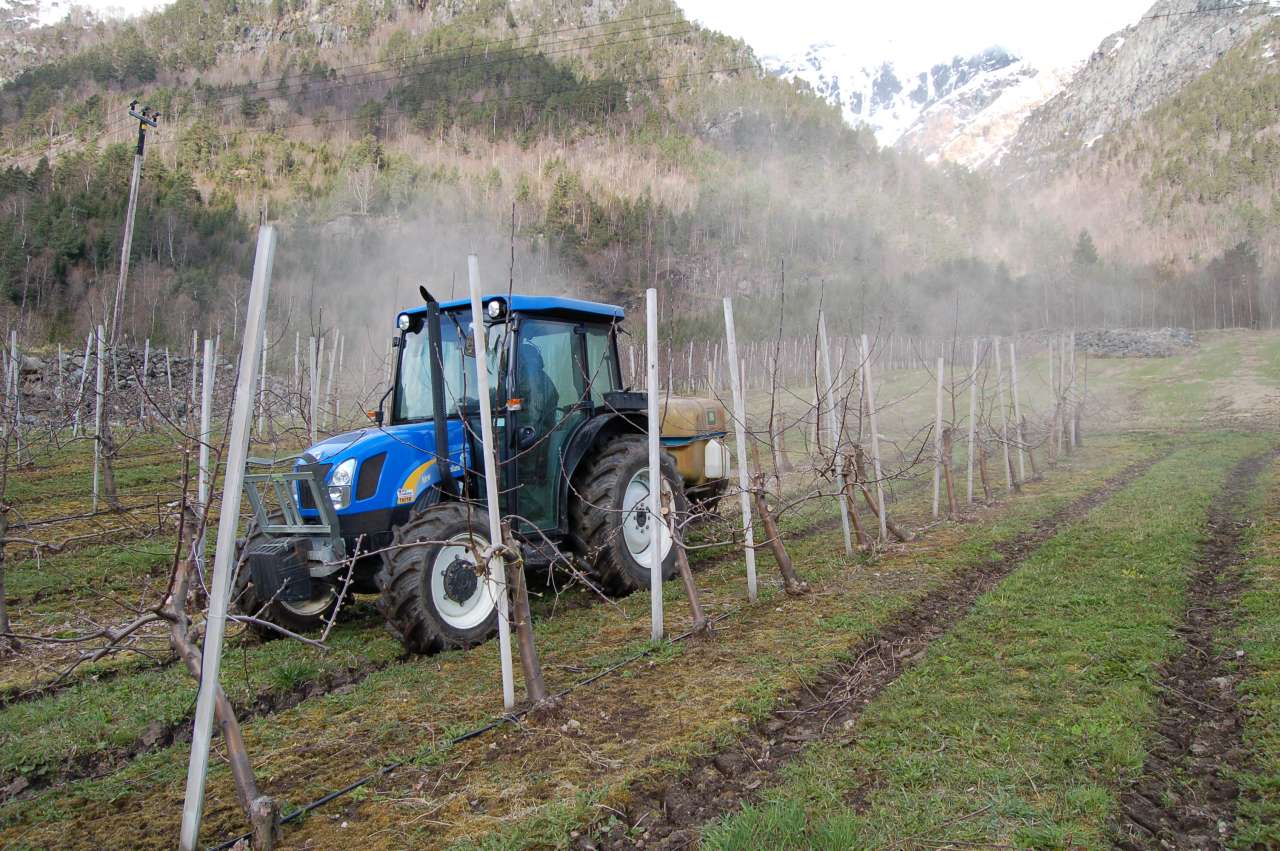Fewer biological pesticides in Norway

Photo: Finn Måge.
Norwegian growers need microbial plant protection products to increase their adoption of integrated pest management. Norway has approved only a fraction of these pesticides compared to Sweden and Denmark.
The number of approved microbial plant protection products has increased dramatically over the last decade. However, there is a great deal of variation between countries. For example, Sweden and Denmark have approved five times as many microbial plant protection products than Norway.
"As of January 2019, 20 microbial plant protection products had been approved in Denmark and Sweden, compared to 4 in Norway," explains Valborg Kvakkestad.
The researcher has looked into possible explanations behind the differences. The size of the market is slightly smaller in Norway. That could explain some of the differences, but not all. The main explanation is probably that the regulations have been implemented differently.
"Denmark and Sweden have had the same EU regulations since the 1990s, while Norway has had its own pesticide regulations. On June 1, 2015, Norway adopted the same regulations as Sweden and Denmark. What the old and new regulations have in common is that pesticides must not have a harmful effect on health, or any unacceptable environmental effects," Kvakkestad explains.
The main reason behind the current differences is probably how the regulations are implemented. Researchers compared the approval process for three microbial plant protection products in the Scandinavian countries, and it appeared that Norway spent more time on evaluating and making decisions on product applications.
One of the eight principles of integrated pest management is that sustainable biological, physical and other non-chemical methods must be preferred to chemical methods if they provide satisfactory pest control. Access to microbial plant protection products is therefore vital if farmers should use integrated pest management.
Contacts

Contacts

